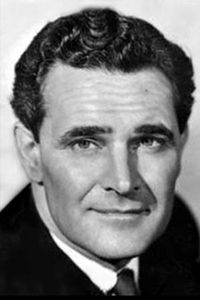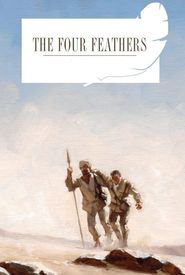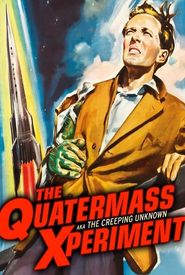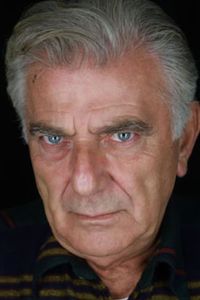Donald Gray, born Eldred Tidbury in 1914 on an ostrich farm at Tidbury's Toll, was a South African-born actor who embarked on a remarkable journey in the entertainment industry. His educational background consisted of attending Marist College in Uitenhage and later CBK in Kimberley.
Gray's early success came in 1933 when he won the Paramount's Search for Beauty competition, which led to the discovery of Ann Sheriden and Colin Tapley. This achievement earned him a $1000 bonus and a bit player film contract, which he maintained until 1935 when his passport expired.
Gray then relocated to London, where he changed his name to Don Tidbury and began appearing in films, including "Belles of St. Clements." In 1936, he changed his name to Donald and secured a contract with a butchers' film service. He went on to appear in "Four Feathers" and replaced Stewart Granger in a repertory production in Aberdeen in 1939.
Before the outbreak of World War II, Gray was rejected for military service due to a duodenal ulcer, but he enlisted as a Private in the Gordon Highlanders in 1940. He was later promoted to Lieutenant in the King's Own Scottish Borderers in 1941 and appeared in the film "We'll Meet Again" in 1942.
In July 1944, Gray suffered a devastating injury when he lost his left arm in a battle at Caen to a German anti-tank shell. After the war, he toured South Africa with "Where the Sun Shines" in 1946 and then joined the BBC Radio Repertory Company from 1947 to 1951.
Gray's next move was to leave the BBC and make his debut in the film "Island of Desire." He later returned to the BBC in 1952 as a TV newsreader and went on to star in the TV series "Mark Saber" from 1955 to 1960. Despite being typecast, Gray continued to work in narrations and commercials, although his appearances on TV became increasingly rare after his role in "Captain Scarlet."
Gray's final appearance on BBC TV was in the series "Hill of the Red Fox" in 1975. He passed away in 1978 due to a coronary.






























